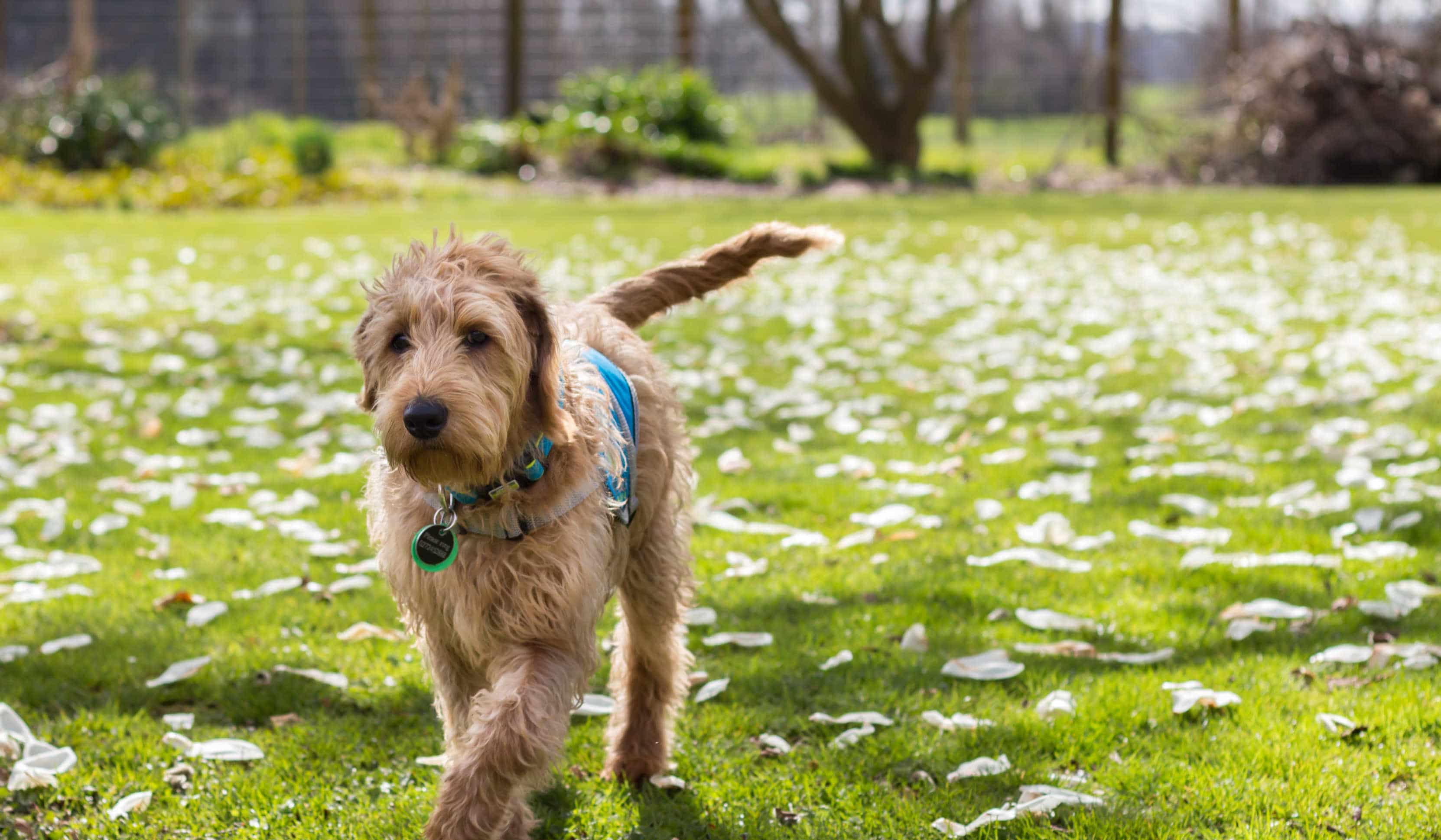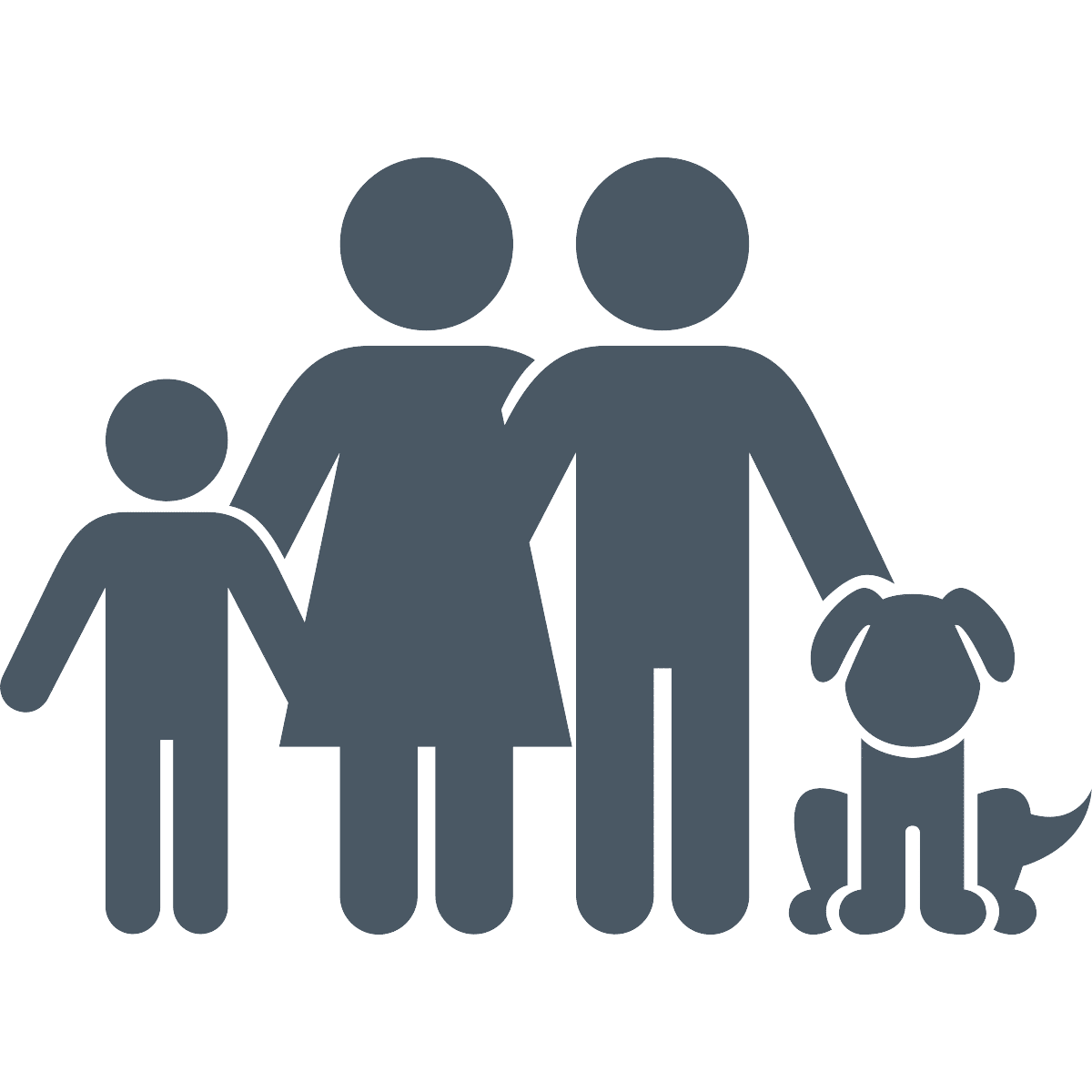Let's Get Started
Therapy Dog Application ProcessLet’s Get Started
How To Apply
We believe that every Kiwi living with a disability deserves support and we’re here to help you live your life to the fullest.
Our therapy dogs can help create a confident and happy life while providing support, companionship and safety. If you think a therapy dog is the right solution for you, then it’s time to learn more about the application process before joining our mailing list.
Please read the information on this page carefully.

Frequently Asked Questions
Can you train my dog as a therapy dog?
Are therapy dogs the same as service dogs?
Can a therapy dog go to public places?
Therapy Dogs New Zealand is planning to apply for access rights for clients that require their therapy dog to accompany them into restricted situations especially in the case of children with ASD or people with PTSD.
Is a therapy dog suitable for every family?
Is A Therapy Dog a Big Commentment?
Do Therapy Dog Applications Ever Get Declined?
We may also decline a therapy dog application if the person applying for a therapy dog is unable to manage the full care of the dog independently, and has no alternative support system in place to ensure the dog’s needs are always met.
From start to finish
The Application Process

Contact
Join our mailing list. We’ll contact you when our therapy dog applications are open. Once you’ve submitted your application form we’ll contact you to discuss your requirements, expectations and family situation. Next we’ll set up an in-person or Skype interview.

Selection
Once we’ve accepted your application in writing, you’ll join our waiting list for a therapy puppy. You’ll also need to pay a deposit to secure your puppy. You can find ideas for fundraising here.

Puppy Matching
Next we find the right therapy puppy for your family either sourced locally or imported from Australia. We consider your colour, size and sex preferences as well as the puppy’s temperament when matching a puppy. Then your first payment is required before training starts.

Training
Now we start training your puppy! Over the next four – six months, your puppy receives the training it needs to become a therapy dog. During the first four months of training a training fee needs to be paid each month, and then a final payment is made to cover the last month of training and any training equipment needed for your puppy.

Handover
